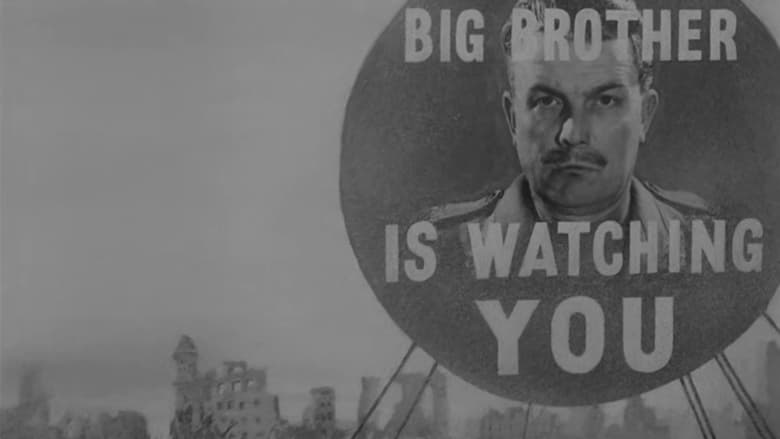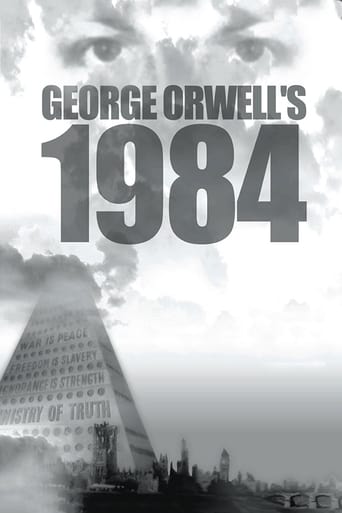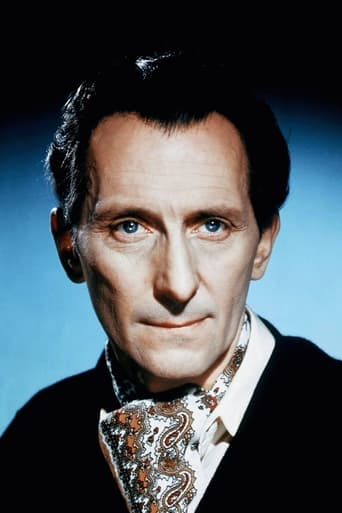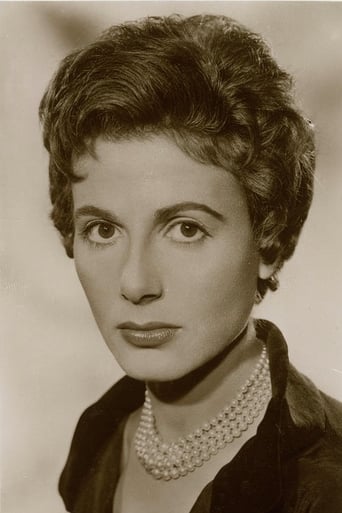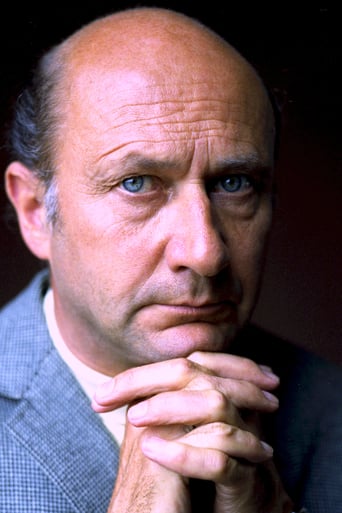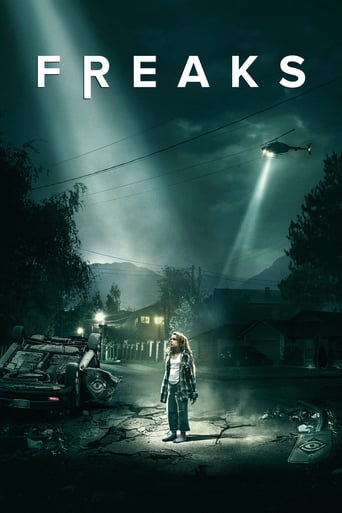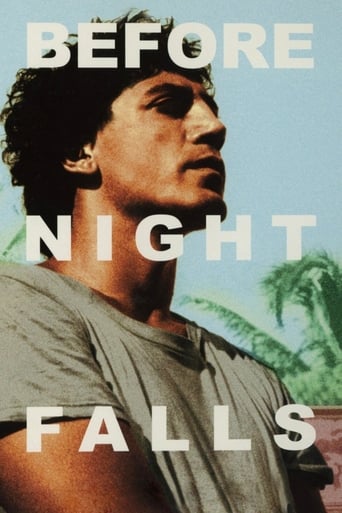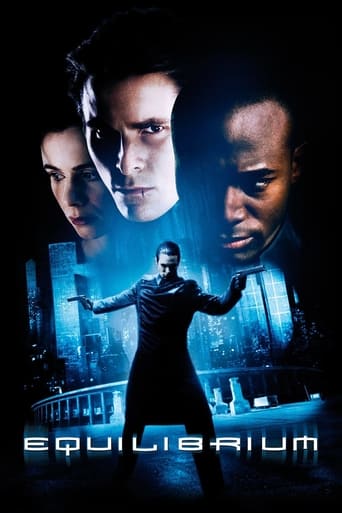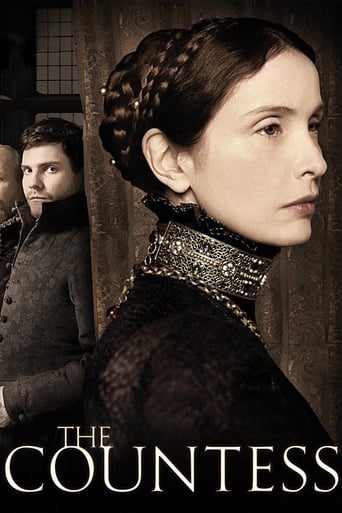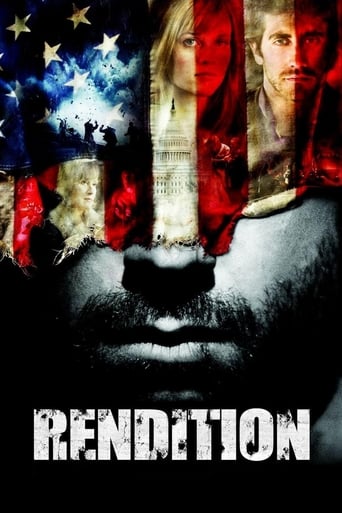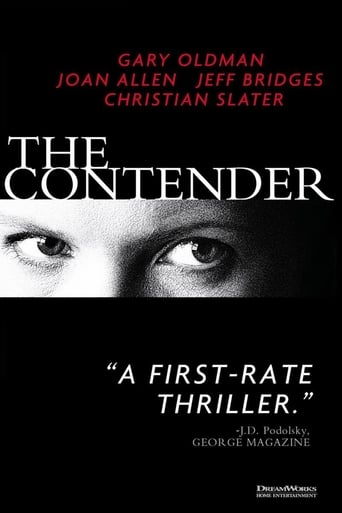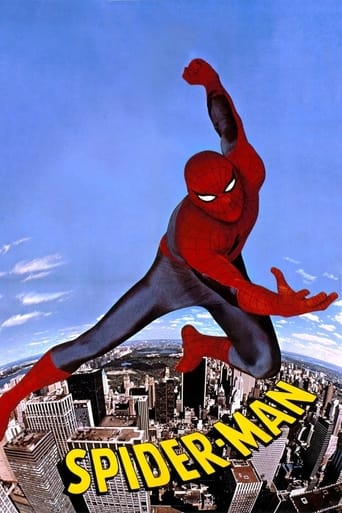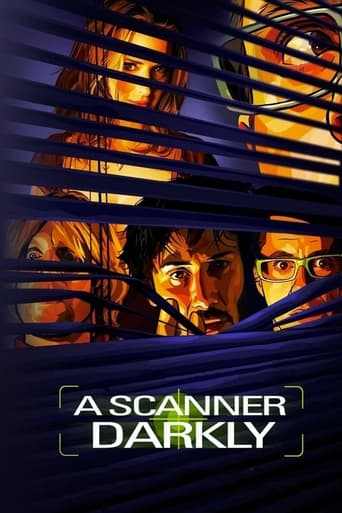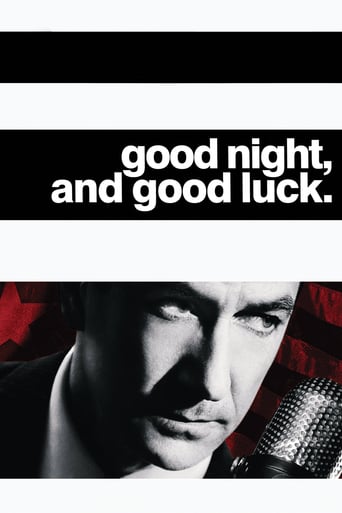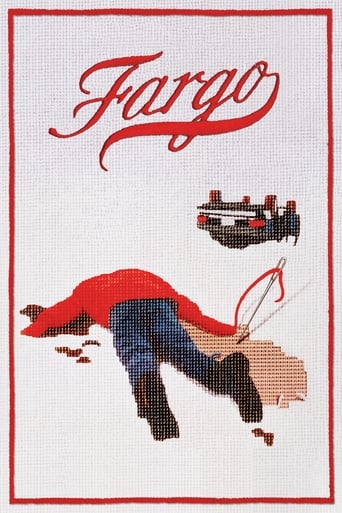Nineteen Eighty-Four (1954)
A man who works for 'The Party' (an all powerful empire led by a man known only as 'Big Brother') begins to have thoughts of rebellion and love for a fellow member. Together they look to help bring down the party.
Watch Trailer
Free Trial Channels
Cast


Similar titles
Reviews
Who payed the critics
This is a small, humorous movie in some ways, but it has a huge heart. What a nice experience.
It's a good bad... and worth a popcorn matinée. While it's easy to lament what could have been...
A clunky actioner with a handful of cool moments.
This screen adaptation of George Orwell's famous novel 1984 was made for the BBC SUNDAY-NIGHT THEATRE show and scripted by QUATERMASS scribe Nigel Kneale. It's chiefly remembered today for being the production that catapulted star Peter Cushing to later fame as a Hammer Horror icon, as it got him the Frankenstein role in THE CURSE OF FRANKENSTEIN. He's certainly impressive as Winston Smith, bringing a mix of steely inhumanity and deep-rooted thought and feeling. As for the production itself, it's a sterling piece of work, a little cheap and stagey by modern tastes - there's no disguising the "filmed play" feel. A sterling cast including fellow luminaries Andre Morell and Donald Pleasence help to bring the material to life, but overall it's Kneale who comes out the winner for successfully getting to the novel's icy heart.
Strange that the first visual adaptation of George Orwell's landmark work of paranoid propaganda should be created for live television. Here we have a strong parable about the use of TV monitors as invaders of our privacy; where Big Brother can keep us under constant surveillance, by watching us when we can't watch him. From this we find a medium that Orwell envisioned as a destroyer of society as we know it, presenting his text to us in a conformed, largely watered down form.This was intriguing enough to lead me back to Orwell's original book; a work that I hadn't delved into for quite some time. Having now done so, it is shocking to see that in the wake of the abundance of literary creativity that we have seen flood in since the close of the Second World War, just how commonplace the ideas behind Orwell's work has become. The central message of a totalitarian Government threat is still particularly relevant, though the way in which the author handles this has more to do with advertisement slogans than a serious understanding of uniformed political agendas. The world that the writer creates is of documentary fact rather than imaginative fiction; presenting us with a war torn world on the brink of collapse; where fear runs through the hearts of every citizen who is forced to cower in an underground bunker, waiting for some kind of message that all is well.This then, is basically a travelogue around the Post War London that Orwell and the rest of the British public saw after the many devastating German air strikes of 1943. The fact that this moved Orwell to such an extent that it dictated how his narrative should flow is commendable, in terms of truthful artistic expression. However, I believe that both Burgess' A Clockwork Orange and Atwood's The Handmaid's Tale gave us a much more imaginative and emotionally wrought evocation of a totalitarian society, than what we have here. But regardless, this brings me back to the first actual rendering of the text as we have it; this 1954 BBC adaptation. Here we have a script by Quatermass and the Pitt author Nigel Kneale, with Peter Cushing, Andre Morell and Donald Pleasance filling out the roles.The acting is understandably strong, with each of the central performers managing to bring to the film the right level of presence and paranoia, but sadly, they are wholly let down by the limitations of the TV script and direction. Though the black and white imagery is impressive, as is, on some occasions, the use of framing, this has much more to do with the creative restrictions imposed upon the medium at that time, rather than anything approaching visual imagination. The writing though is the main problem, trying to develop almost all of Orwell's text whilst substituting an effective pace or even a rewarding framework; also, the continual use of 1950's sci-fi philosophising - before Star Trek and before Doctor Who - now seems slight and uninformed.Having said that... I am in no way stating that staff writer Kneale and director Rudolph Cartier aren't talented in what they do; rather that they are not free to the possibilities of opening up (and dare I say improving on) Orwell's original text in a truly visual sense. Here we could have had an outlet for all kinds of internal dilemma, angst and social conflict, but what we get instead seems more like a missing episode of The Prisoner. This is television of the academic variety; an essay guide for lazy English lit students who can't get through the book. It may also hold a degree of interest for those with a desire to see a young Cushing and Pleasance burning holes in the TV screen, but for anyone else; the appeal may be limited.
This version seems to be at least as good as the Burton one from the 1980's, which was made at much greater expense. TV movies have the room to be experimental, when they want to be. The cheap sets and black-and-white photography actually contribute to the effect, although the countryside scenes of course suffer. The actors deliver their lines with conviction, natural enough since they were closer in time to Orwell, Stalin, McCarthy and the rest.One problem is that some of the best lines are delivered far too quickly, presumably because this was a live-on-air performance. Julia's final lines should be muttered in a halting voice, not rattled off as here.The ratings of the various versions are 1. 1954 (Cushing) 2. 1984 (Burton) 3.1956 (which was suppressed by Orwell's estate, it was so bad). Brazil (1985) is better than any of these, because it was designed for cinema; and Orwell's novel is better than all of them.
There is very little which can touch this programme. Made with extremely limited resources, given the extra strain of being performed mostly live with just a few filmed inserts, Nineteen Eighty-Four had a profound effect on television at the time. Questions were asked in parliament about it, and the BBC came in for considerable criticism at the time for broadcasting it. However, the production found its way into the minds of the public, giving the world such expressions as "Big Brother is watching you". Nowadays Big Brother is little more than the title of a cheap, spineless TV series. Back then it was a terrifying possibility. I've been fortunate enough to see Nineteen Eighty-Four, and I have to say that if TV was still prepared to take risks like this, it wouldn't be seen as cinema's poor cousin any more.

